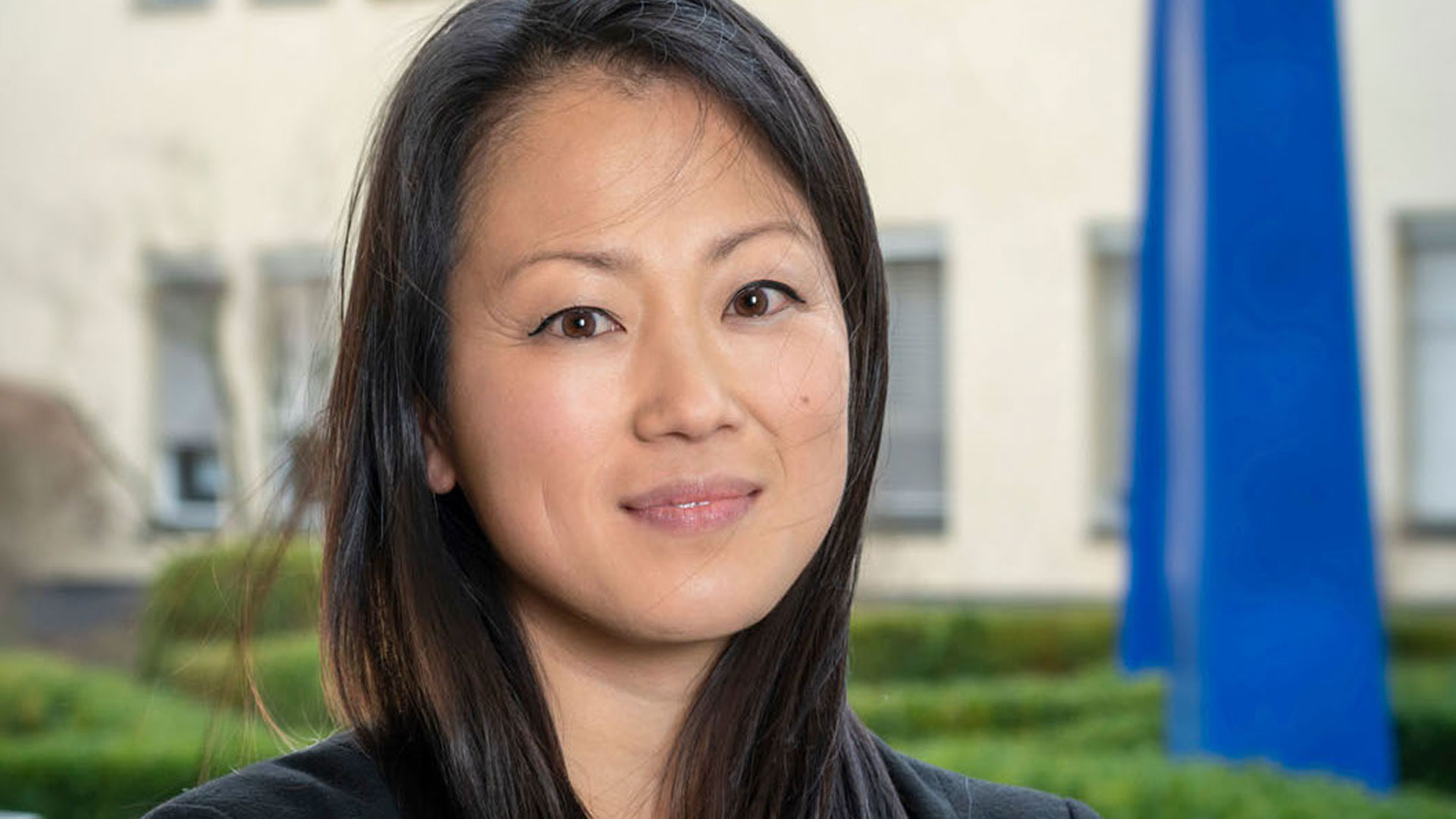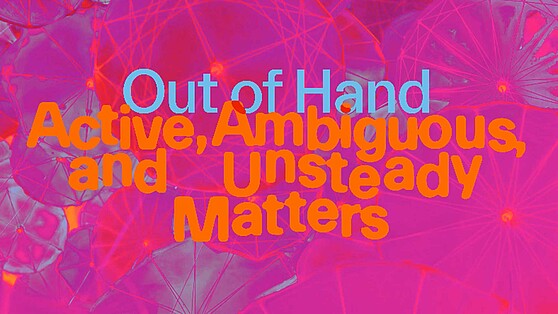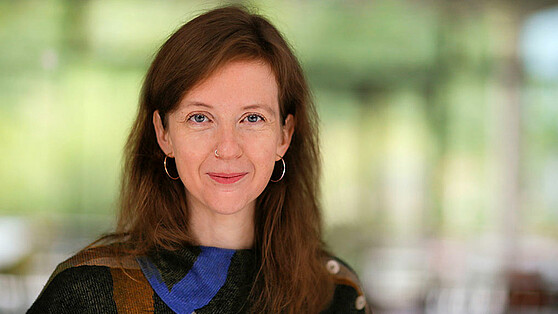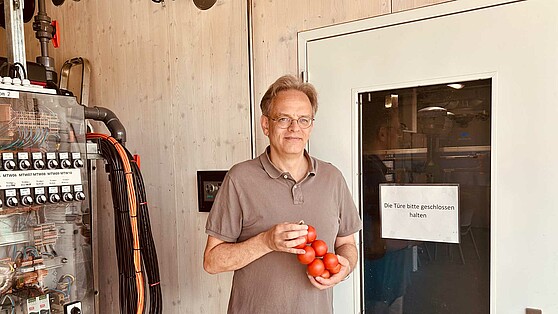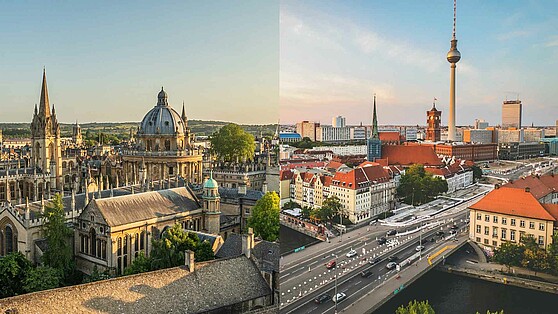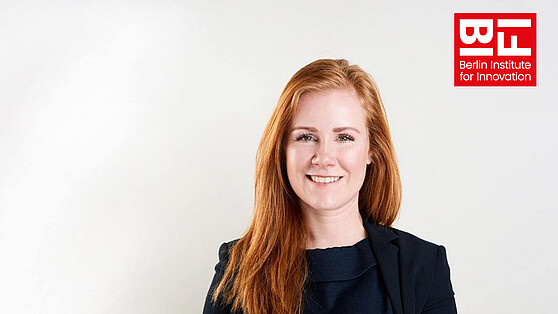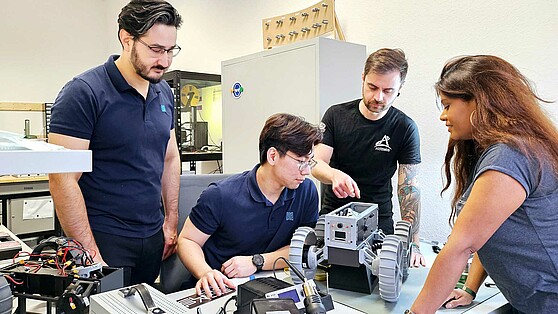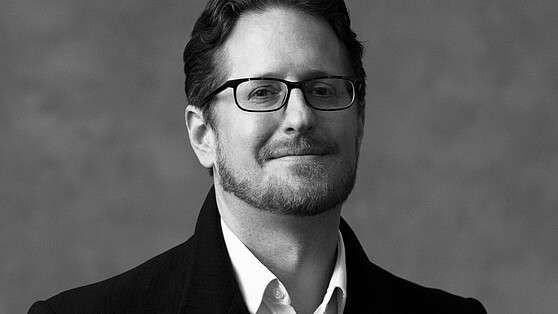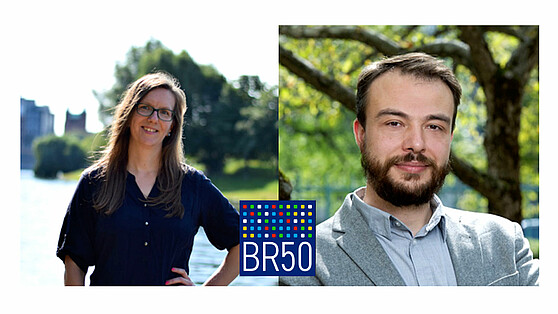-
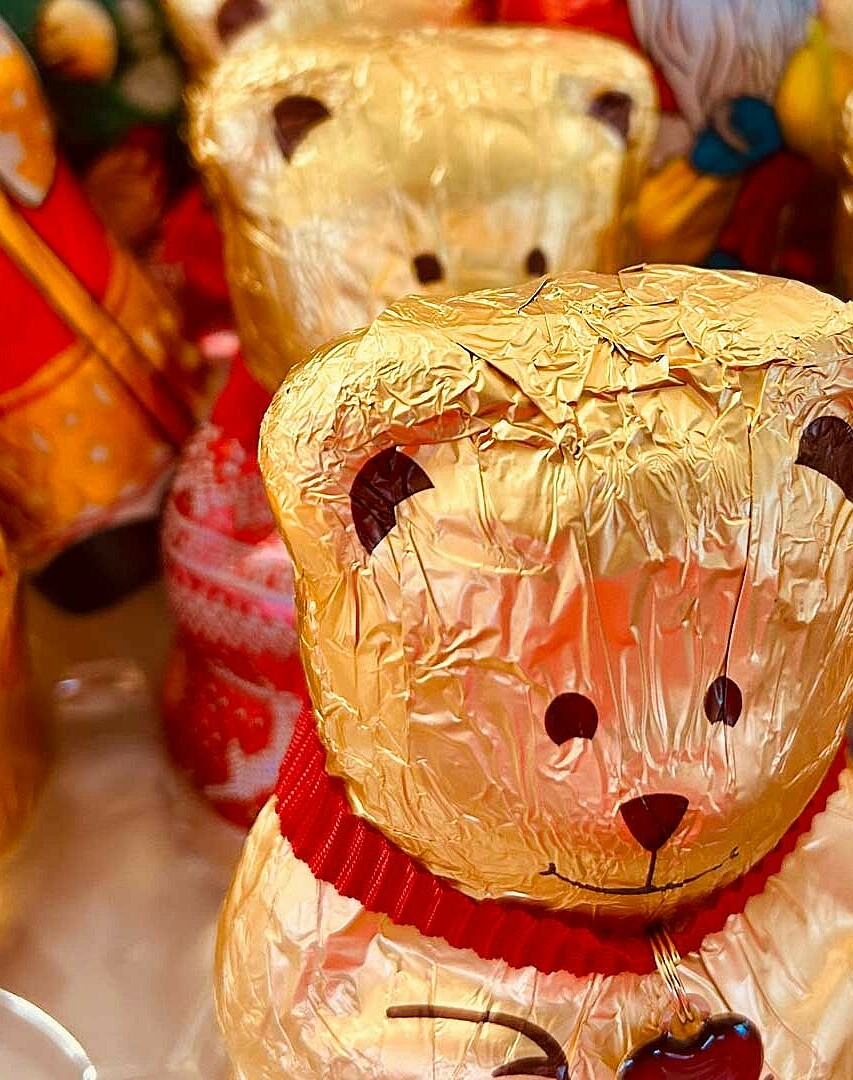
© Ernestine von der Osten-Sacken
17.12.2024Christmas dinner: no surprises, please!
Every year, sweet treats beckon at Christmas. We enjoy eating delicious but rich dishes at the festive table. A classic: goose with red cabbage and dumplings. Is that healthy? Yet we still can't resist Christmas temptations? Why is that? And are there even culinary ‘mood killers’? Prof Dr Soyoung Q Park knows more about this. As Professor of Decision Neuroscience and Nutrition at the Neuroscience Research Centre of Charité - Universitätsmedizin Berlin and the German Institute of Human Nutrition (DIfE), she is primarily concerned with one topic: how we make decisions.
Prof Dr Park, decision-making researcher - that sounds exciting. What exactly do you do?
I look at how our brain makes decisions. Traditionally, neuroscience has simply not looked at anything below the neck. Yet we use our body and mind in interaction every day. This means that our brain doesn't make decisions in isolation, but listens very closely to the body. What do we need right now? Will we be able to walk far enough to secure our food, etc.? This fine-tuning between body and mind dates back to our time as hunter-gatherers.
Do you have a specific example of this fine-tuning in the area of nutrition?
We all know a situation: we go out for lunch with colleagues every day at 12 noon. One day, the boss makes an appointment for lunch. All hell quickly breaks loose in our bodies. We get a headache, our stomachs growl and we're hungry. It almost hurts because the body actually wants to eat, but gets nothing. So it's not just our heads that have adjusted to the fixed time, but our whole body. In my research, I look at decision-making holistically - as ‘holistic decision making’. There are many external and internal factors that influence decisions. Nutrition is one of them.
If the mind and body work so closely together: Why is it that every year we find it hard to resist Christmas treats such as gingerbread or marzipan, even though we keep trying?
These are, of course, incredibly well learnt signals. Most of us learnt as children that there is a certain food for Christmas: Goose, dumplings, biscuits, cake. The anticipation is actually the best thing about it. The brain expects to get exactly what we learnt as a child, what our culture has passed on to us. Then we feel good. In a Christian context, chocolate, goose and a meal together with the family simply symbolise Christmas. And as an overall experience, Christmas is learnt to be associated with a sense of security.
You have already pointed it out: It makes a difference whether marzipan or dry oat biscuits are on the Christmas plate. Does that mean there are culinary ‘mood killers’?
Yes, especially when they arrive unexpectedly on the plate and cause surprises. Let's say your daughter-in-law invites the whole family for Christmas dinner and cooks something completely new. She breaks with family tradition, so to speak. This can be a total mood killer. Neither our bodies nor our brains want to be confronted with culinary surprises, because that means: no cosiness, no feeling of well-being. We simply have fixed expectations. The more holistic this is, the harder it is to break it down. This applies not only to the Christmas dinner, but also to the tree decorations, the smell in the room, the taste, the feel. A new Christmas tradition is therefore not just a noise that you can be re-conditioned to, like a Pavlovian dog. It is extremely difficult for the brain to relearn.
So does that mean we should never put anything new on your plate at Christmas?
You are welcome to try something new, but don't do it unannounced. Gently build up an alternative expectation in the family beforehand. For example, by saying: ‘I know you have problems with your blood pressure. I've been thinking about it for a long time and thought it would be a good idea to eat vegetarian for Christmas this year.’ Something like that is also a sign of affection: ‘I've been thinking about you, I care about you.’ It's about ‘re-framing. This also includes: How do I tell this?
According to your studies, what should the ideal festive meal for a harmonious Christmas look like? Goose and gingerbread - or a vegetarian casserole with a green salad?
As we also serve the social level of security and affection through food at Christmas, I think it's perfectly acceptable to eat sweets and goose at the holidays. Be generous with yourself! In one of our studies, however, we were able to show that protein-rich food makes people a little more tolerant in social interaction compared to carbohydrate-rich food. Sugar and white flour products, on the other hand, are known to promote a rapid rise in insulin levels and make people more active. If this drops just as rapidly, you become tired. To avoid such mood swings, you should serve wholemeal products with vegetables and try to combine them with proteins. There are also so-called ‘nudging strategies’ with which we can sustainably change our snacking behaviour by gently ‘nudging’ it.
And these strategies really work?
Yes, that's what our studies have shown. One of these strategies is to simply leave out or replace sweets. For example, you can fill the children's Advent calendars with little puzzles instead of chocolate and thus establish a new tradition. We have tested another nudging strategy in our research: We asked our test subjects to physically pull healthy foods towards them. It was enough for them to lean towards them. Unhealthy foods, such as crisps or sweets, were asked to push them away. They then did this again and again for 15 to 20 minutes. After that, a selection effect in favour of healthy food could already be observed. So, we simply reversed the automatism they had learnt: away from strawberry tarts and towards oranges. However, putting away all the cinnamon stars at Christmas and focussing solely on raw food would probably make everyone unhappy. Everyday life will be back soon enough.
What will be on your Christmas Eve table?
I'm Korean and we don't really celebrate Christmas in a traditional way. Advent calendars and other Christmas traditions didn't exist in our family when I was growing up. But it's very important to my husband's family. Of course, I go along with it because of the children. I want them to learn this tradition and associate it with a feeling of security. In this respect, we will be serving a traditional German Christmas meal again this year.
Interview: Ernestine von der Osten-Sacken
